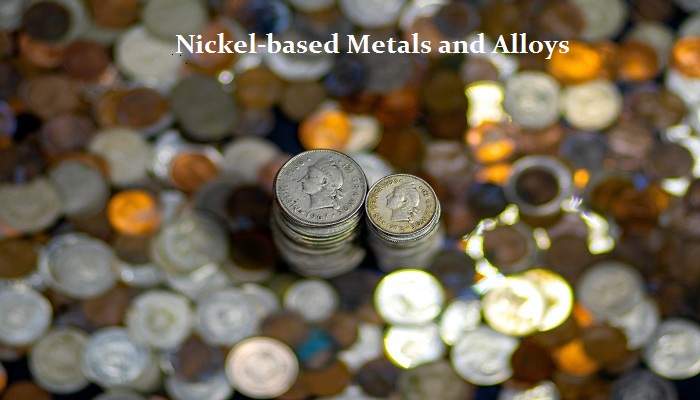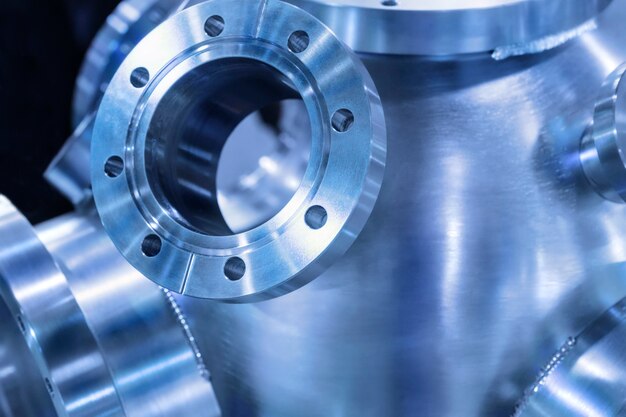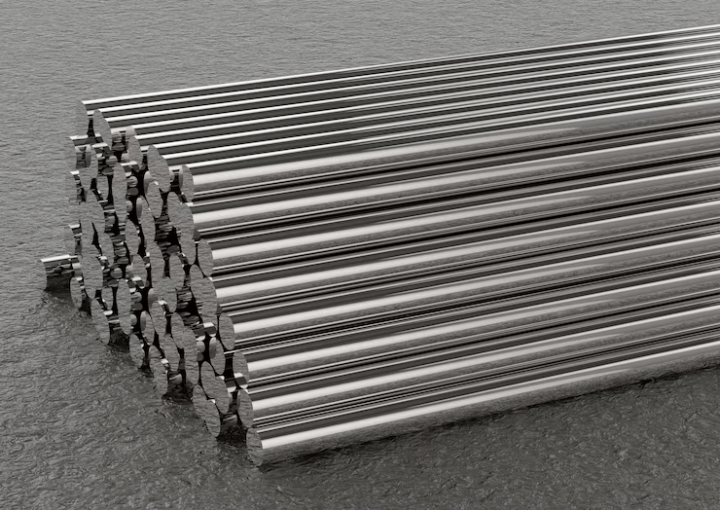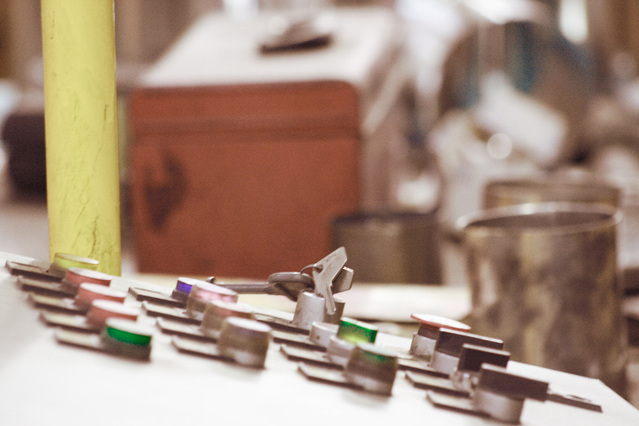Modern society is known for using various metals alloy for different applications. The use of metal has provided us a world of convenience. However, strong a metal alloy is they cannot go for a longer time; they have their weakness, such as corrosion and oxidation. Moreover, not all alloys can maintain their form and strength under extreme temperature and pressure.
Therefore, to solve such problems nickel alloy manufacturers provides different nickel alloys that are durable even under the condition like extreme temperature and high pressure. All these qualities enable a wide range of uses for nickel alloy, and you can find them everywhere in the modern age.
What makes nickel so special?
Nickel alloys do not corrode, easily. Moreover, they can withstand high temperatures and pressure than some metal alloys. The nickel alloys easily suit all the requirements of modern civilization.
The Nickle alloys have specific qualities, which makes them better use in some specific places, where there is a high risk of oxidation and corrosion due to corrosive chemicals like H2So4, HCL, HNO3, etc. Therefore, nickels are mostly used by engineers casting. From jet-engine blades to kitchen utensils, nickel alloys have a variety of usage. Therefore it better to know more about the nickel alloy.
Different variety of Nickel Alloys
The nickel alloy manufacturers create a variety of nickel alloys. Each nickel alloy offers unique properties, chemical composition, chemical resistance, specialty, and usage. Since you do not know much about these alloys it can be tricky for you to find the best nickel alloy that suits your purpose.
Hastelloy
The Hastelloy is another nickel alloy that has been used in various applications. The Hastelloy are known to maintain their high strength even in the high temperature and corrosive surrounding. These alloys are mostly used in the setting where there are high chances of damage due to oxidation or other corrosive chemicals.
The Hastelloy are of different types, depending on their qualities. Here are the Hastelloy varieties as follows:
Hastelloy B: The Hastelloy B nickel alloy is used because they offer resistance to the HCL. HCL can corrode metals but the Hastelloy can easily maintain its top condition even coming in contact with the HCL. Moreover, the Hastelloy B can have high rupture strength and can maintain the strength even at 1.400° F.
Hastelloy C: Chemicals such as CL2, FeCL3, and HNO3 can cause oxidation and corrosion in metal alloys. However, the Hastelloy can resist oxidation when coming in the contact with the above-mentioned chemicals. The Hastelloy can maintain its strength in the high temperature up to 2,000° F.
Hastelloy C-276: The alloy used in the as-welded condition, as it avoids the formation of grain-boundary precipitation. The alloy can avoid stress corrosion, cracking, pitting in low temperatures and high temperatures up to 1900° F.
Hastelloy X: The Hastelloy X resists oxidizing up to 2.200° F.
Extra-high nickel alloys (Duranickel)
Duranickel comes under the category called superalloys. There are varieties of Duranickel that you can find when you go to nickel alloy suppliers. The difference is due to the chemical composition of the alloy. However, all kind of Duranickel contains around 94% of the nickel.
The Duranickel 301 is yet another commonly use alloy that variety of industrial use. The alloy is much stronger compared to the other nickel alloy. The reason behind their superior strength is the thermal treatment that allows the subatomic particles of Ni3Al, and TI to precipitate evenly throughout its matrix. The process of hardening Duranickel 301 is known as precipitation hardening. Due to the superior strength, the Duranickel 301 are heavily used for their spring properties, and they could handle the high temperature up to 600° F. The Duranickel 301 is stronger than the pure wrought nickel. However, they have similar corrosion resistance.
Ilium: Ilium is another high corrosion-resistant nickel alloy. The alloy is often used by the engineer for the casts. The wrought ilium cast can be used in the seawater, H2SO4, HNO3, and fluorides. There are other counterparts of the ilium, which are ilium G. Other types of ilium alloy that nickel alloy manufacturers company makes are as follows:
Ilium B: Ilium B is hard due to heat treatment under the temperature ranging from 1,100°F to 1,400°F. The ilium B offers high resistance to sulfuric acid.
Ilium 98: Ilium 98 is a casting alloy that is used in a corrosive environment.
Ilium G: The alloy is a wieldable wrought alloy, and resist chemical such hot sulfuric acid and phosphoric acid.
Monel
The Monel alloy has a variety of application because it is easily formable, possess a wide range of mechanical properties and offer high corrosion resistance. The Monel offers high strength similar to the Duranickel.



